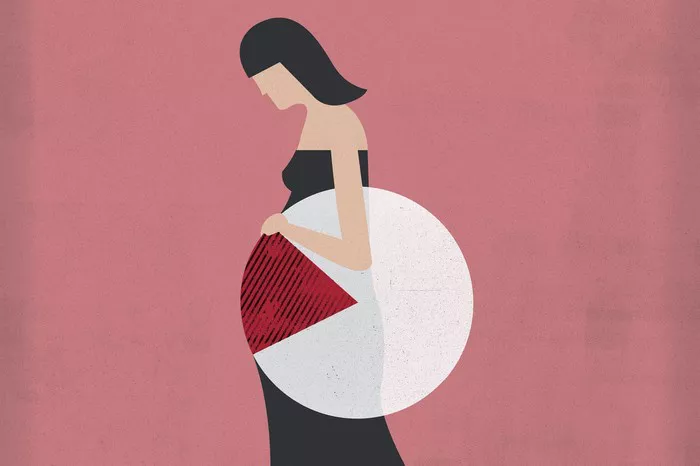As women approach their 40s, many may find themselves facing difficulties when trying to conceive. This phenomenon raises numerous questions and concerns about the biological, medical, and lifestyle factors contributing to decreased fertility after this age. Understanding these challenges is crucial for individuals navigating their fertility journey. In this article, we delve into the reasons why getting pregnant after 40 can be challenging and explore potential solutions and strategies for overcoming these obstacles.
Biological Considerations: Decline in Fertility
One of the primary biological factors contributing to the difficulty of conceiving after 40 is the natural decline in fertility. Women are born with a finite number of eggs, and as they age, both the quantity and quality of these eggs decline. This decline in ovarian reserve significantly impacts a woman’s ability to conceive spontaneously. Research indicates that after the age of 35, fertility begins to decline more rapidly, with a notable decrease in the chances of conception per menstrual cycle.
Medical Risks Associated with Advanced Maternal Age
Beyond decreased fertility, advanced maternal age also brings increased medical risks for both the mother and the baby. Women over 40 have a higher likelihood of experiencing complications during pregnancy, including miscarriage, genetic disorders, preeclampsia, preterm birth, and gestational diabetes. These risks are attributed to various factors, including age-related changes in reproductive physiology and underlying health conditions that may become more prevalent with age.
Fertility Planning and Assisted Reproductive Technologies (ARTs)
For women in their 40s who are seeking to conceive, fertility planning becomes essential. This includes monitoring ovulation cycles, tracking fertility signs, and understanding the optimal timing for conception. However, due to the challenges associated with advanced maternal age, many individuals may require assistance from assisted reproductive technologies (ARTs) such as in vitro fertilization (IVF), intrauterine insemination (IUI), or egg donation. These techniques can help overcome fertility barriers and increase the chances of successful conception.
Lifestyle Factors and Environmental Influences
In addition to biological and medical factors, lifestyle choices and environmental influences play a significant role in fertility after 40. Factors such as smoking, excessive alcohol consumption, obesity, and poor nutrition can negatively impact reproductive health and decrease the chances of conception. Moreover, high levels of stress, whether from work, relationships, or other sources, can disrupt hormonal balance and impair fertility. Environmental factors such as exposure to toxins and pollutants may also contribute to infertility.
Success Rates and Influencing Factors
When considering fertility treatments or attempting to conceive naturally after 40, it’s essential to understand the associated success rates and the factors that influence them. While age is a significant determinant of fertility success, other factors such as overall health, reproductive history, and the specific cause of infertility also play a crucial role. According to research, the success rates of ARTs decline with age, particularly after the age of 40, highlighting the importance of timely intervention and realistic expectations.
Healthcare Guidance and Prenatal Care
Navigating fertility challenges after 40 requires comprehensive healthcare guidance and access to prenatal care. It’s essential for individuals to work closely with healthcare professionals specializing in reproductive medicine to assess their fertility status, identify potential barriers to conception, and develop personalized treatment plans. Regular prenatal care is essential for monitoring maternal and fetal health, detecting any complications early, and mitigating risks associated with advanced maternal age.
Conclusion
In conclusion, the journey to conception after 40 presents unique challenges due to biological, medical, and lifestyle factors. Understanding these challenges and seeking appropriate medical guidance and support are crucial steps for individuals hoping to start or expand their families later in life. While the road may be more complex, advancements in reproductive medicine offer hope and opportunities for those facing fertility struggles. By addressing these challenges proactively and adopting healthy lifestyle practices, individuals can enhance their chances of achieving a successful pregnancy and a healthy baby, even after the age of 40.























